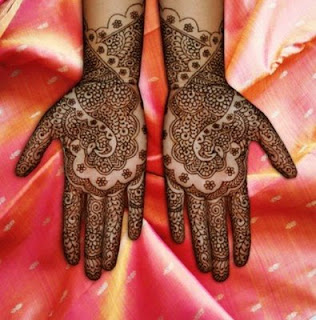Monday, March 26, 2012
Benefits of Drinking water
Benefits of Drinking water
Ø Drinking water between meals is bad for digestion – This is one line that has been passed down from generation to generation. However, there is no scientific evidence to indicate that it will affect the digestive process. At the most, it will probably fill you up and reduce your appetite for dinner. But besides that, go ahead and enjoy a glass of water with every meal.
Ø Drink 8 glasses a day for good health – Drinking 8 glasses of water a day is one of the most popular myths in circulation today, despite scientists saying that there is no clear correlation between good health and sipping on water all day. Doctors recommend drinking water only when you are thirsty!
Ø Drink water, you can never have too much of a good thing – Recent studies reveal that drinking too much water can in fact, be potentially harmful. Excessive water consumption is dangerous in that it can lower salt concentration in the body. Water intoxication, a life-threatening condition, occurs when there is dilution of blood sodium because the kidneys are over-worked, and unable to excrete the excess water as urine.
Ø Water cleans out the body’s toxins – The toxins in our body are filtered out by the kidneys. And common myth says that drinking more water means clearing out the toxins. Wrong! In truth, drinking large amounts of water will actually reduce the kidneys’ ability to function as a filter
Ø Drink water for healthy skin – It is widely believed that since our body’s composition is 60% water, drinking a lot of water will give you glowing skin. However, there is little evidence to support this idea. Healthy skin is a result of many things, including diet, weather, pollution and genetics.
Ø Drinking water can aid weight loss – Water has been touted as the secret drug for all dieters. “Drink water and you’ll shed those pounds like magic.” This is hardly true; as we discussed, water will, at the most, fill up your stomach and reduce your food intake at mealtimes. But water is far from a miracle drug to lose weight. Drink
Ø As much water as you can during a workout – It is widely believed that a workout increases chances of dehydration, so common myth says you need to increase water intake during exercise. But dehydration sets in only when you lose 2 percent of body weight. Do the math, and it is unlikely a normal workout requires increased water intake. Instead, ensure you are well-hydrated throughout the day, without over-doing it.
Saturday, March 24, 2012
Subscribe to:
Posts (Atom)































































